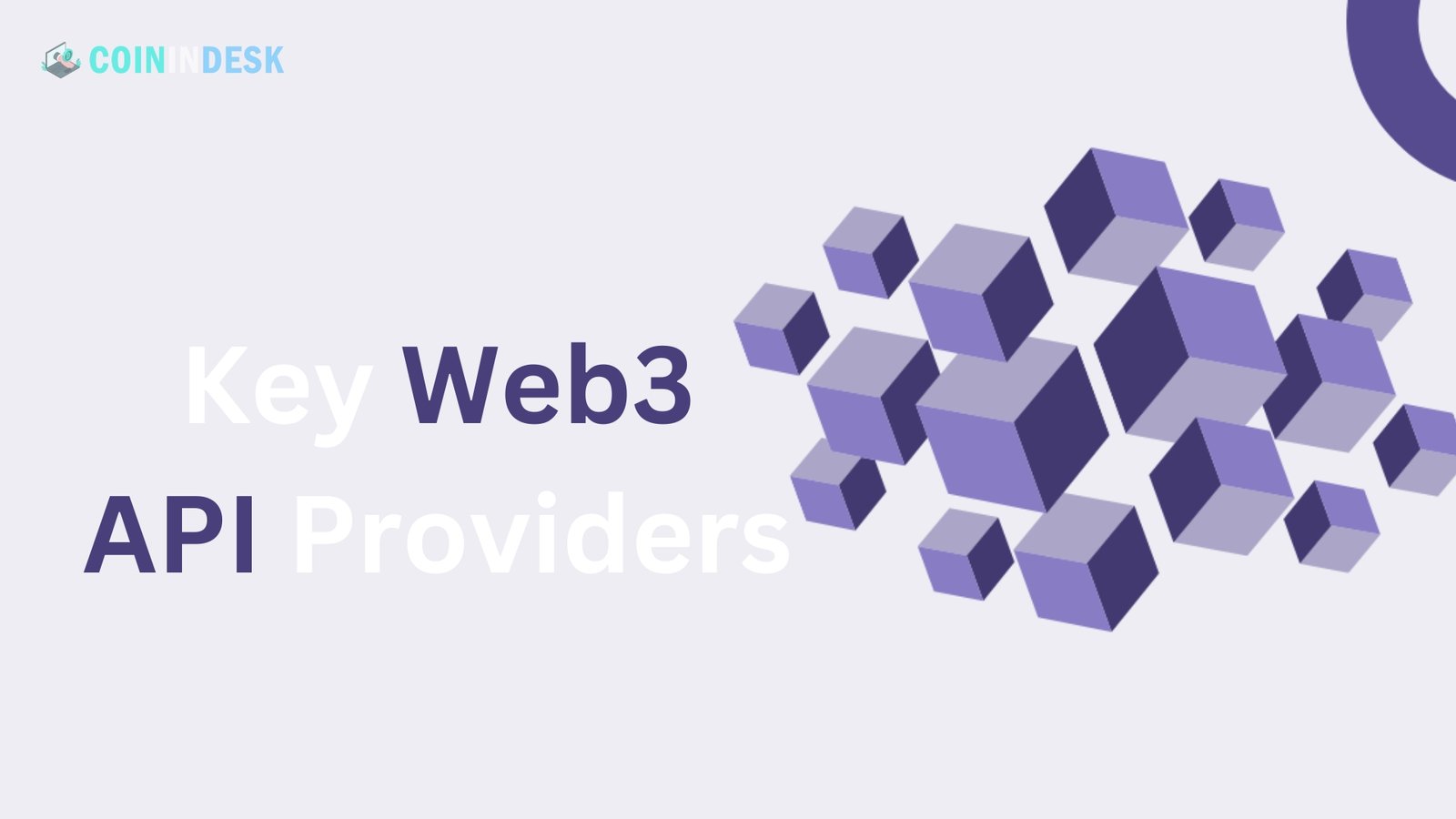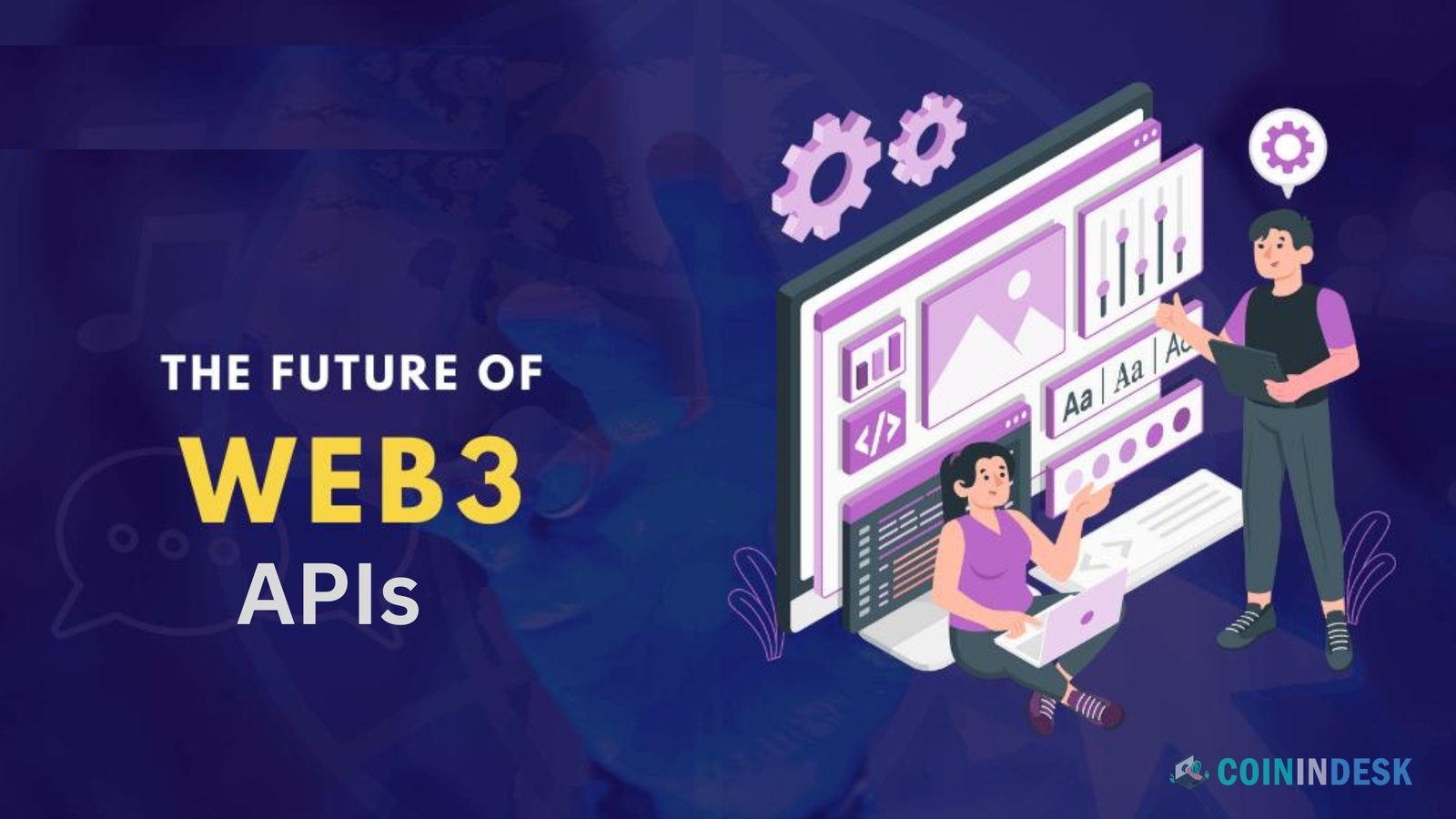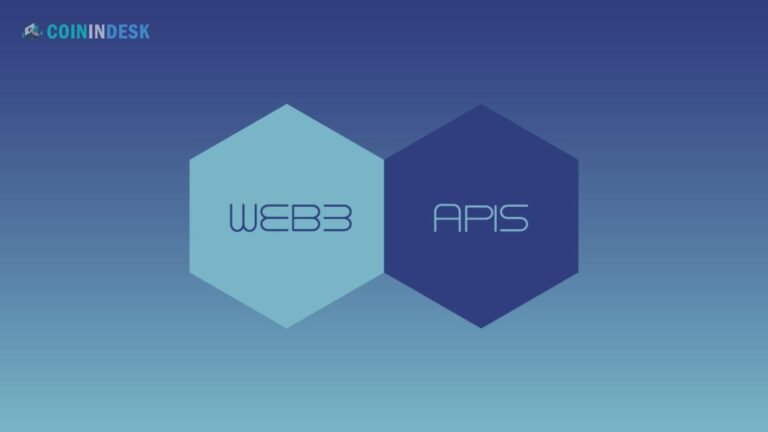Web3 APIs: The rise of Web3 represents a paradigm shift in how we perceive and interact with the Internet. Web3 APIs (Application Programming Interfaces) are at the heart of this transformation, and they serve as critical interfaces that enable decentralized applications (dApps) to interact with blockchain networks, decentralized storage, and other Web3 technologies. These APIs are revolutionizing the internet by providing the tools necessary to build decentralized, transparent, and secure applications, moving away from the centralized control dominating the Web 2.0 era.
Understanding Web3 and Its Importance
To comprehend the significance of Web3 APIs, it’s essential first to understand what Web3 entails. Web3 is the next generation of the internet, characterized by decentralization, where control and ownership are distributed among users rather than being concentrated in the hands of a few large corporations. This decentralization is primarily enabled by blockchain technology, which underpins cryptocurrencies like Bitcoin and Ethereum, and by decentralized protocols that ensure data integrity and security without intermediaries.
In Web3, users have greater control over their data, identity, and digital assets. This shift contrasts with Web 2.0, where user data is often collected, stored, and monetized by centralized platforms such as Google, Facebook, and Amazon. Web3 aims to restore power to users, giving them ownership and control over their digital identities and assets while enabling more transparent and fair online interactions.
The Role of Web3 APIs
Web3 APIs are the linchpins that connect decentralized applications with blockchain networks and other Web3 infrastructure. They provide developers with the tools to create dApps that interact with smart contracts, retrieve blockchain data, and manage decentralized identities. Without these APIs, building on Web3 would be significantly more complex, as developers would need to directly interact with blockchain protocols, which requires a deep understanding of the underlying technology.
These APIs abstract the complexity of blockchain interactions, allowing developers to focus on building user-friendly applications. For instance, Web3 APIs can handle tasks such as managing user wallets, executing transactions, and querying blockchain data, which are essential for dApp functionality.
Key Web3 API Providers and Their Offerings
Several companies and platforms are leading the charge in providing Web3 APIs, each offering unique features that cater to different aspects of the decentralized ecosystem.
Alchemy
Alchemy is one of the most prominent Web3 infrastructure providers, offering a suite of APIs that simplify building on Ethereum and other blockchains. Alchemy’s Supernode API is widely used to access blockchain data, send transactions, and manage smart contracts. The platform also offers tools for monitoring dApp performance, debugging, and scaling, making it a go-to choice for many Web3 developers.
Infura
Infura, a product by ConsenSys, provides APIs that enable developers to connect their dApps to the Ethereum blockchain and IPFS (InterPlanetary File System). Infura’s APIs are highly reliable and scalable, making them a preferred choice for many Ethereum-based projects. The platform’s services are also integrated with other ConsenSys products, such as MetaMask, further enhancing its ecosystem.
Moralis
Despite being a newcomer to the Web3 API market, Moralis has already become a favourite among developers thanks to its intuitive design. The Moralis platform is an all-inclusive BaaS that includes application programming interfaces (APIs) for managing user authentication, data in real time from blockchains, and decentralized storage. Moralis is a flexible option for decentralized app developers because it integrates with multiple blockchains. These include Ethereum, Binance Smart Chain, and Polygon.
The Graph
The Graph is a decentralized indexing protocol that allows developers to query blockchain data using GraphQL APIs. It is beneficial for retrieving complex data from blockchains, which would otherwise require significant resources and time. The Graph’s decentralized nature ensures that data remains accessible and tamper-proof, making it a vital tool for many dApps.
Chainlink
Chainlink is best known for its decentralized Oracle network, which connects smart contracts with real-world data. However, Chainlink also offers APIs that allow developers to integrate external data sources into their dApps, enabling a wide range of use cases, from decentralized finance (DeFi) to gaming and beyond. Chainlink’s APIs ensure smart contracts interact with off-chain data securely and reliably.
Challenges and Opportunities in Web3 API Development
While Web3 APIs are crucial for developing decentralized applications, they also come with their own challenges. One of the primary issues is the complexity of integrating with multiple blockchains, each with its own set of protocols and standards. This fragmentation can make it difficult for developers to create dApps that are truly cross-chain compatible.
Additionally, Web3’s decentralized nature can pose challenges in terms of scalability and performance. Unlike centralized systems, where data is stored and processed in a single location, decentralized networks distribute data across multiple nodes, which can lead to slower response times and increased latency. Web3 API providers continuously work on solutions to these challenges, such as optimizing node performance and developing more efficient data retrieval methods.
Despite these challenges, the opportunities in the Web3 space are vast. As more developers and companies recognize the potential of decentralized technologies, the demand for Web3 APIs will likely grow exponentially. This growth will drive innovation, leading to the development of more sophisticated APIs that can handle the complexities of the decentralized internet.
The Future of Web3 APIs
Looking ahead, the future of Web3 APIs is promising. As the Web3 ecosystem matures, we expect to see more advanced APIs offering greater functionality, security, and ease of use. These APIs will play a critical role in the mainstream adoption of Web3, enabling developers to create decentralized but also user-friendly and scalable dApps.
Moreover, the rise of cross-chain interoperability will likely drive the development of APIs that can seamlessly interact with multiple blockchains, further enhancing the capabilities of dApps. This will enable a new wave of innovation, where applications can leverage the strengths of different blockchains to deliver more robust and versatile solutions.
In conclusion, Web3 APIs are the backbone of the decentralized internet, empowering developers to build the next generation of applications prioritising user control, transparency, and security. As the Web3 ecosystem continues to evolve, these APIs will play an increasingly important role in shaping the future of the Internet, bringing us closer to a world where users genuinely own and control their digital lives.


